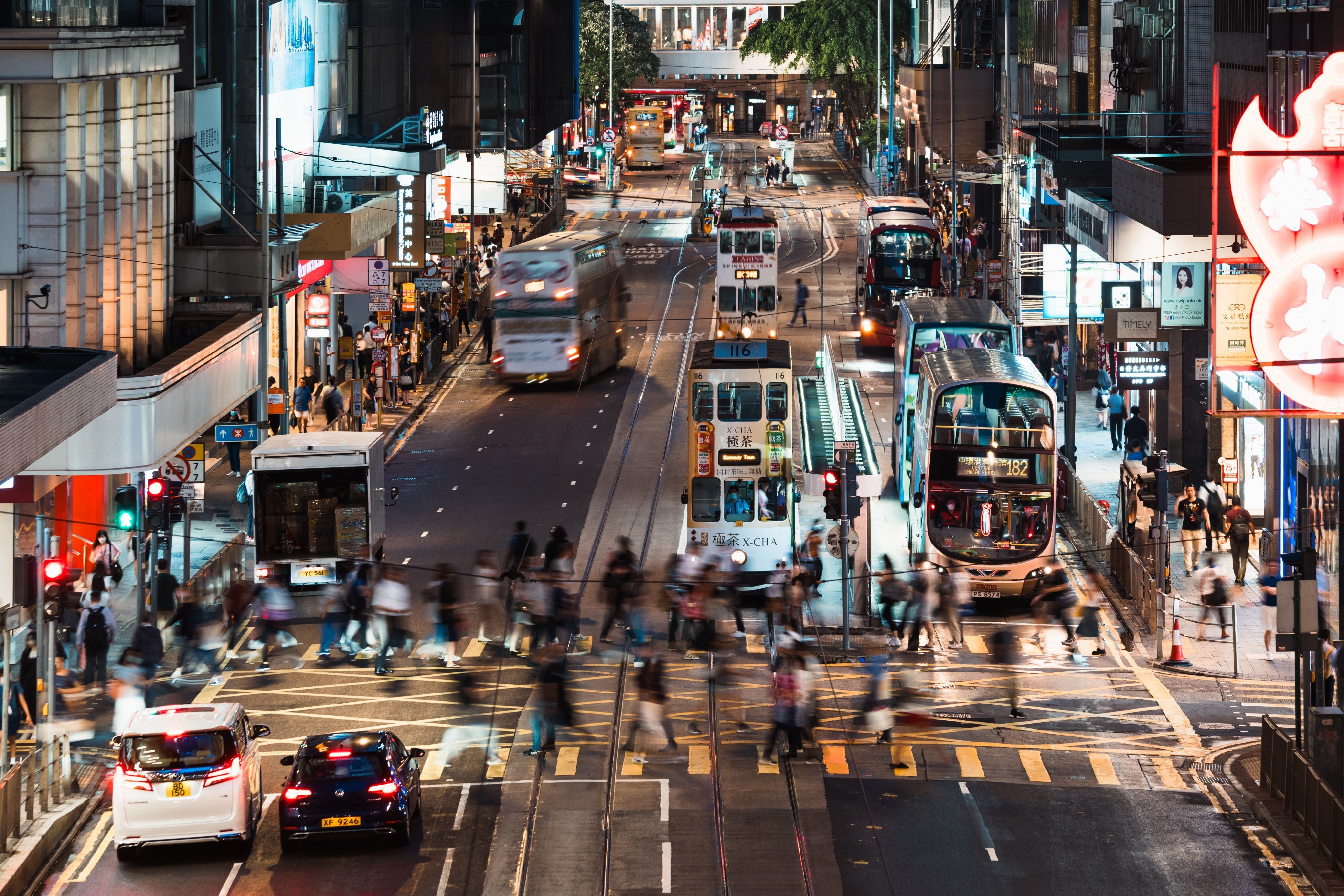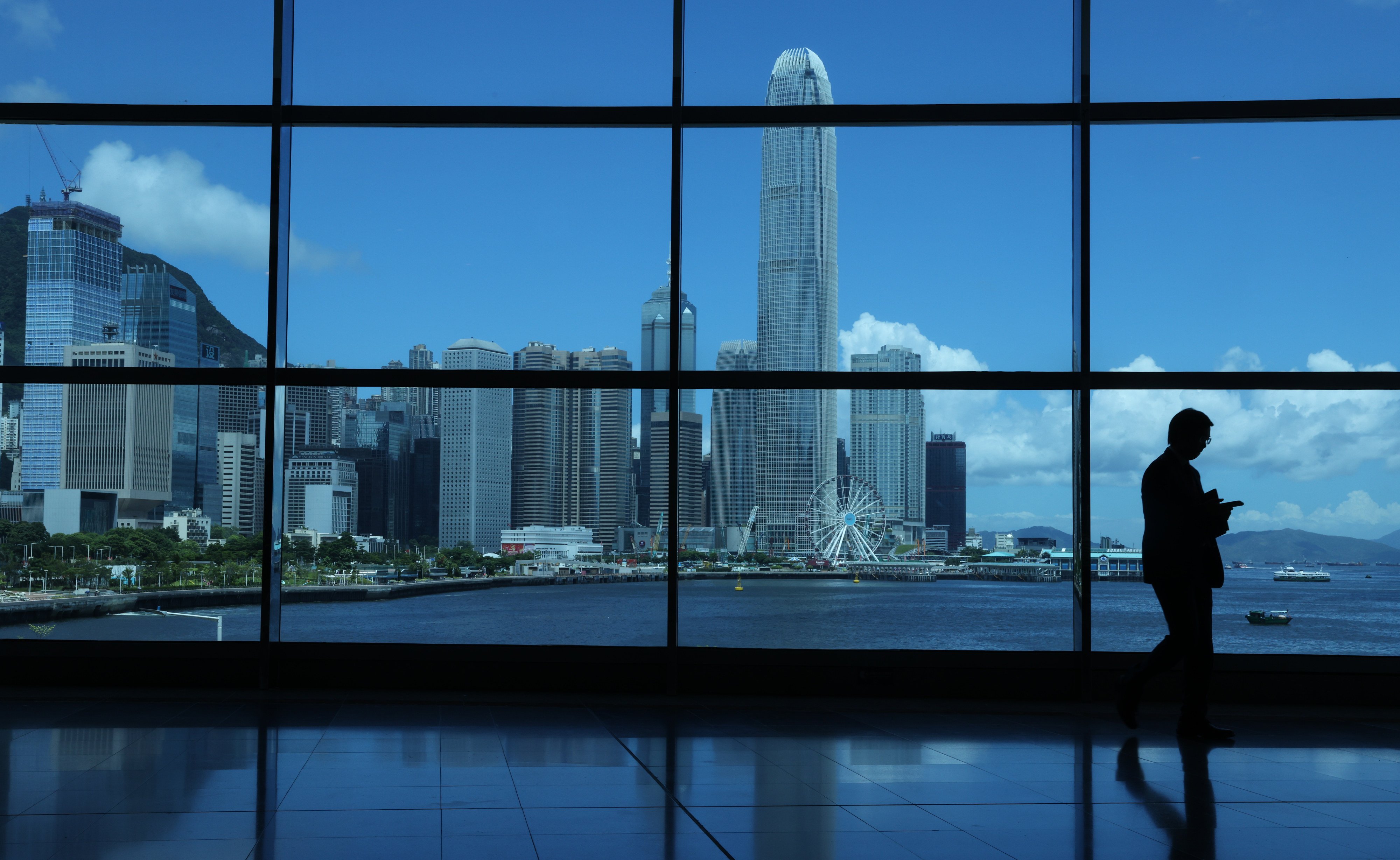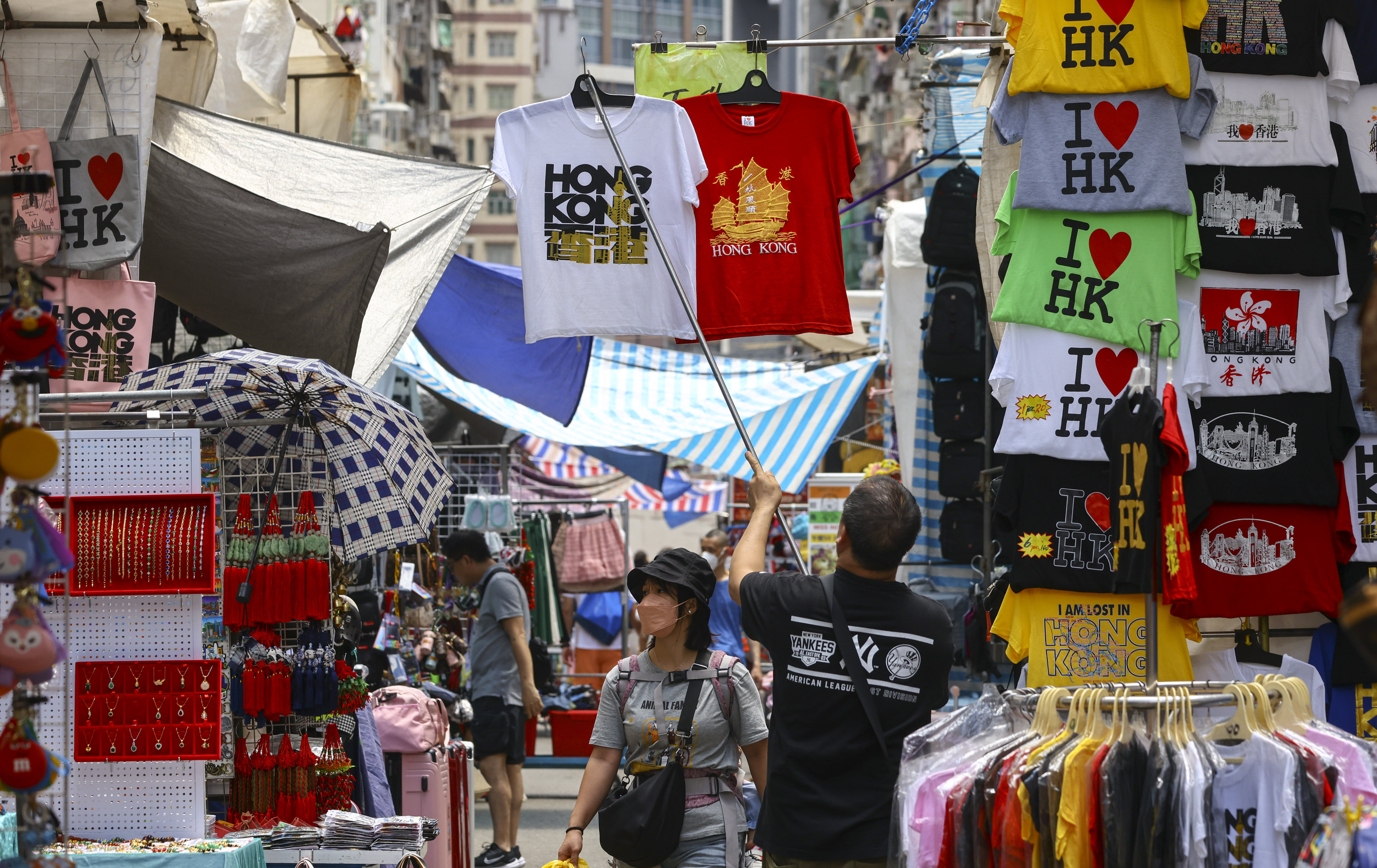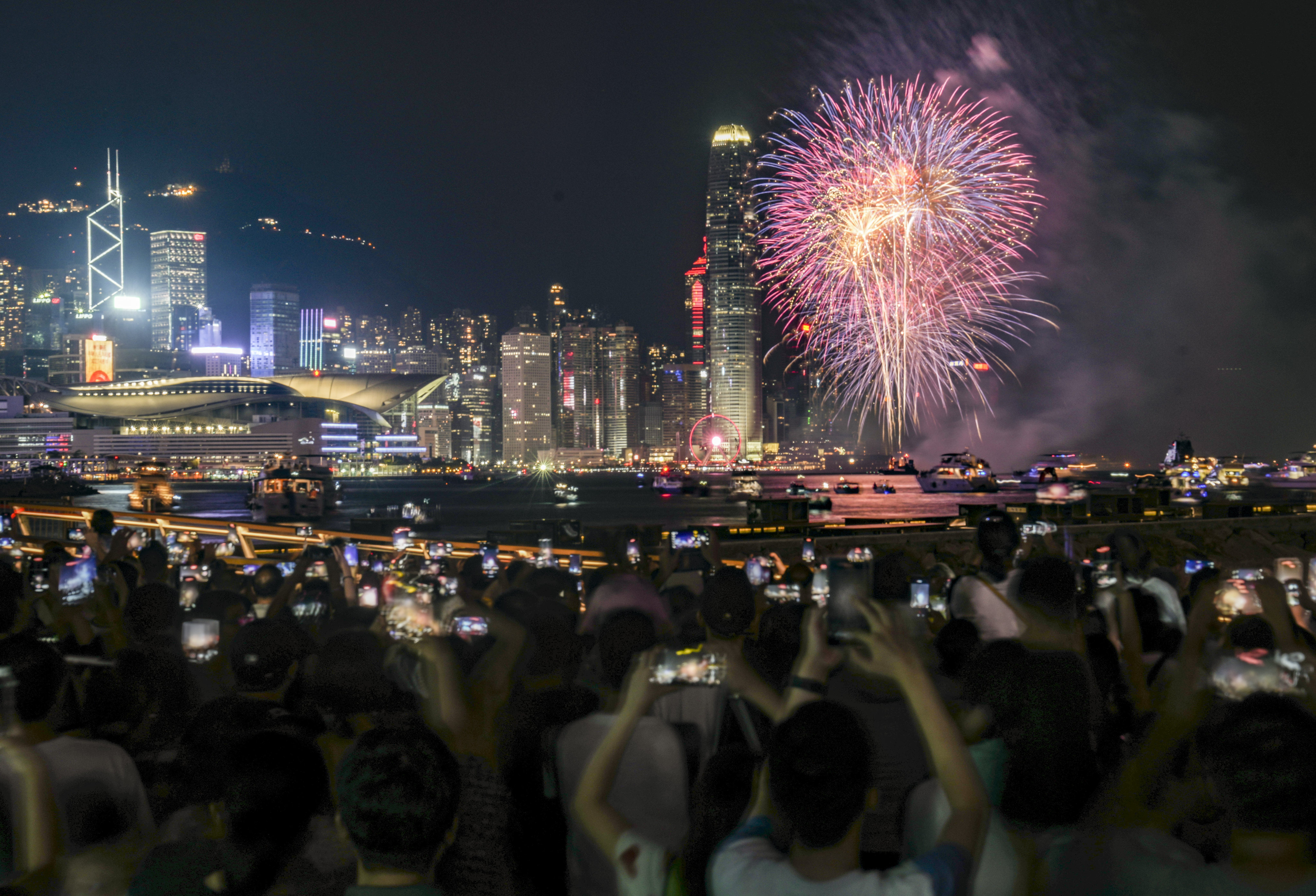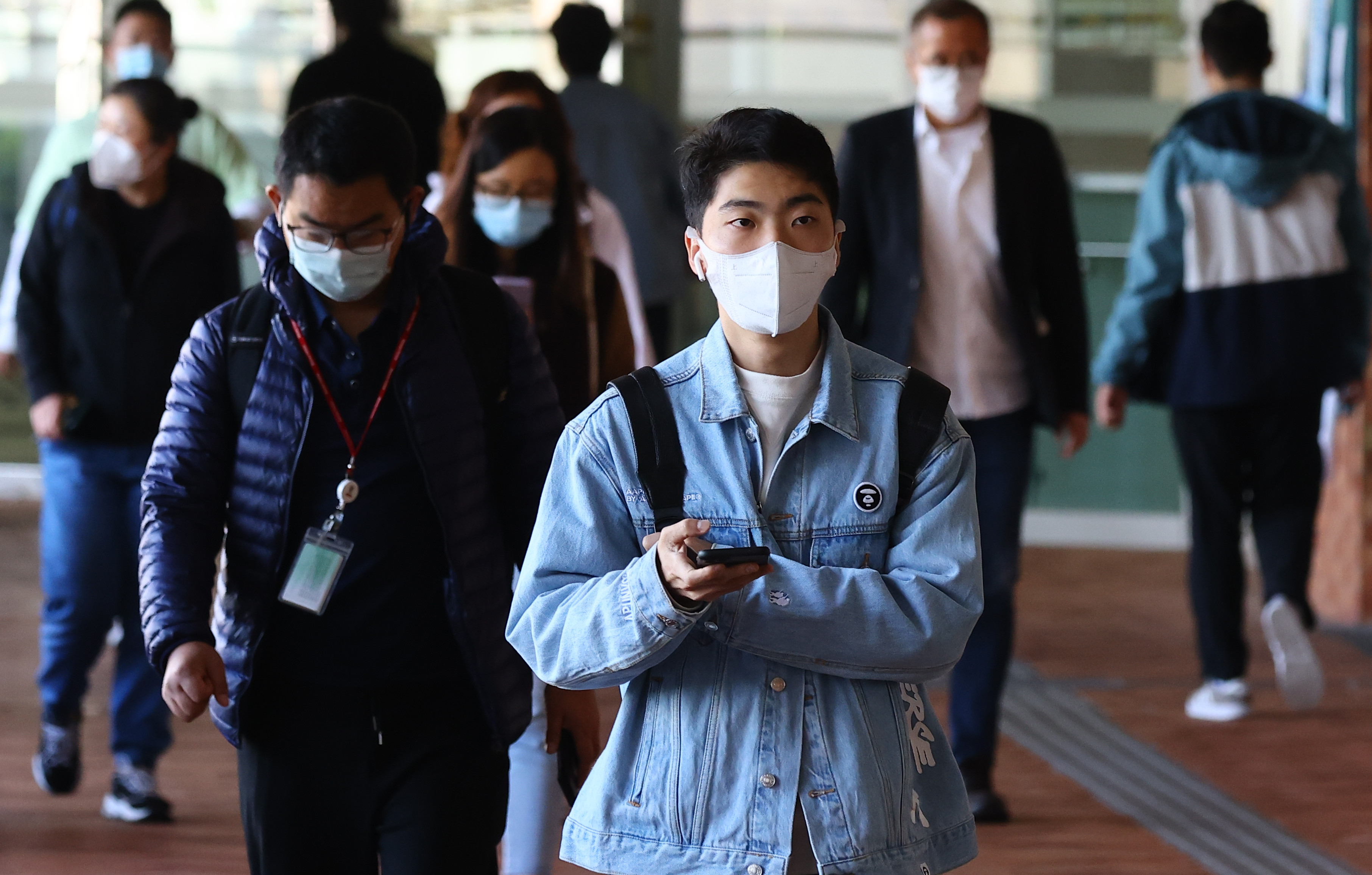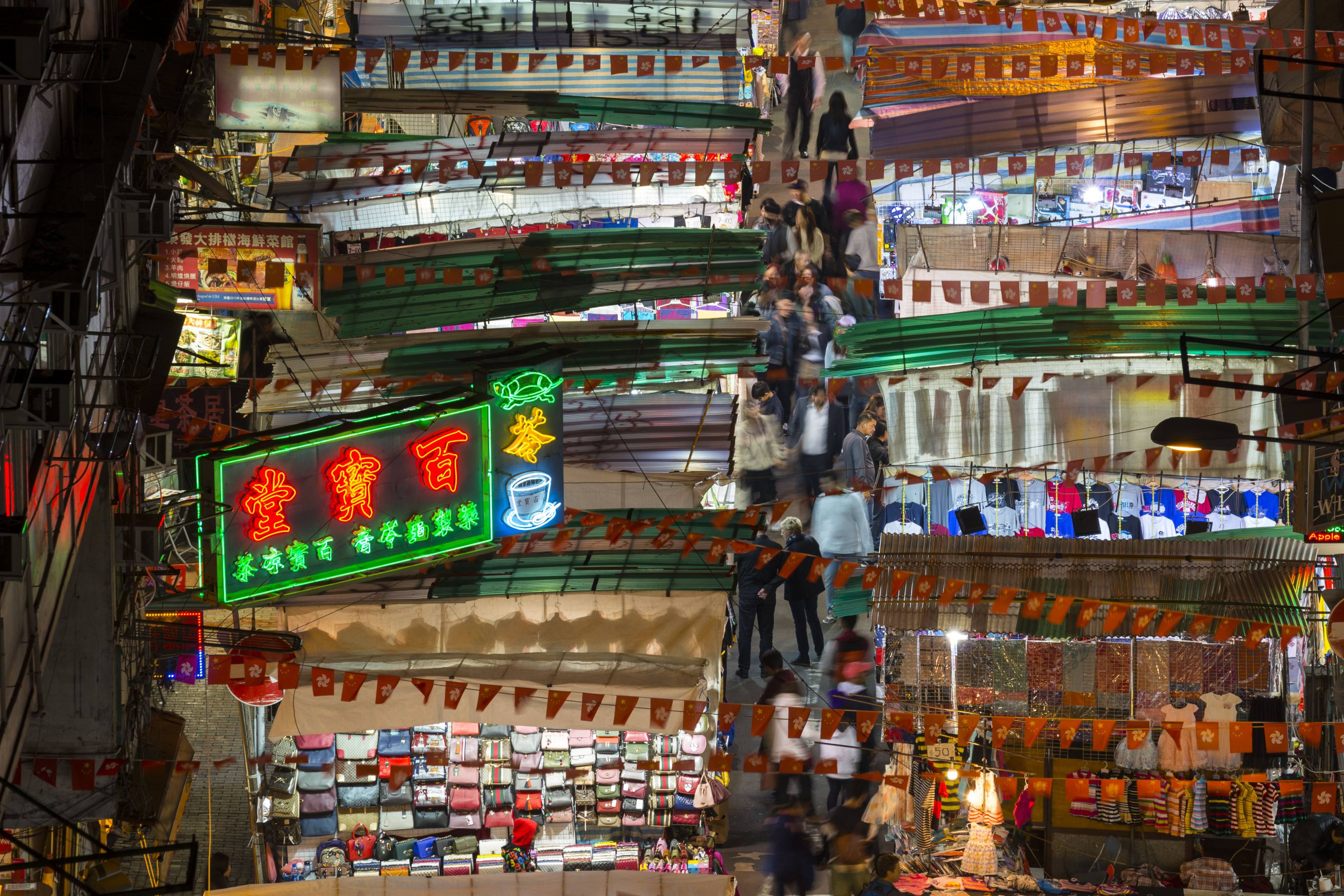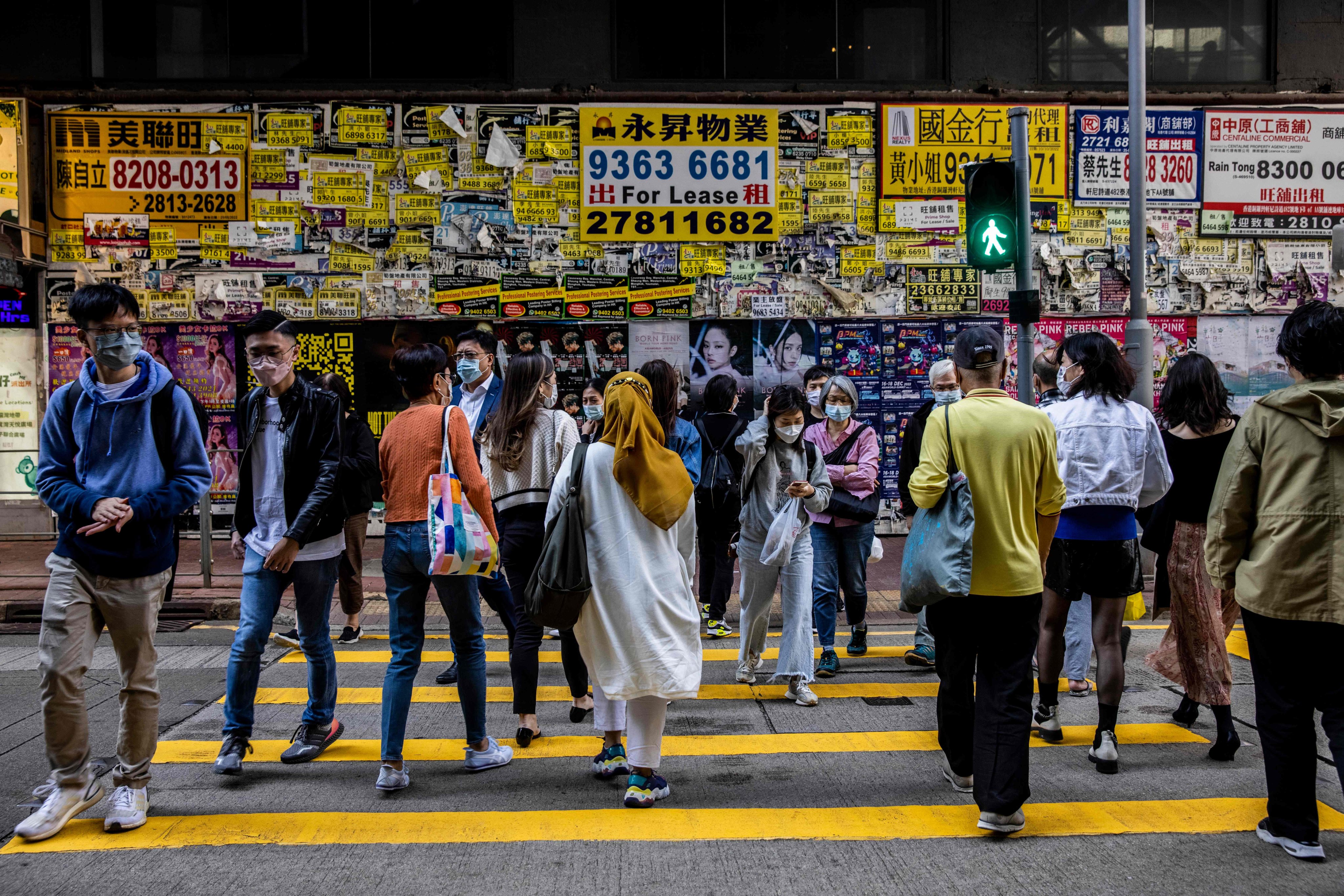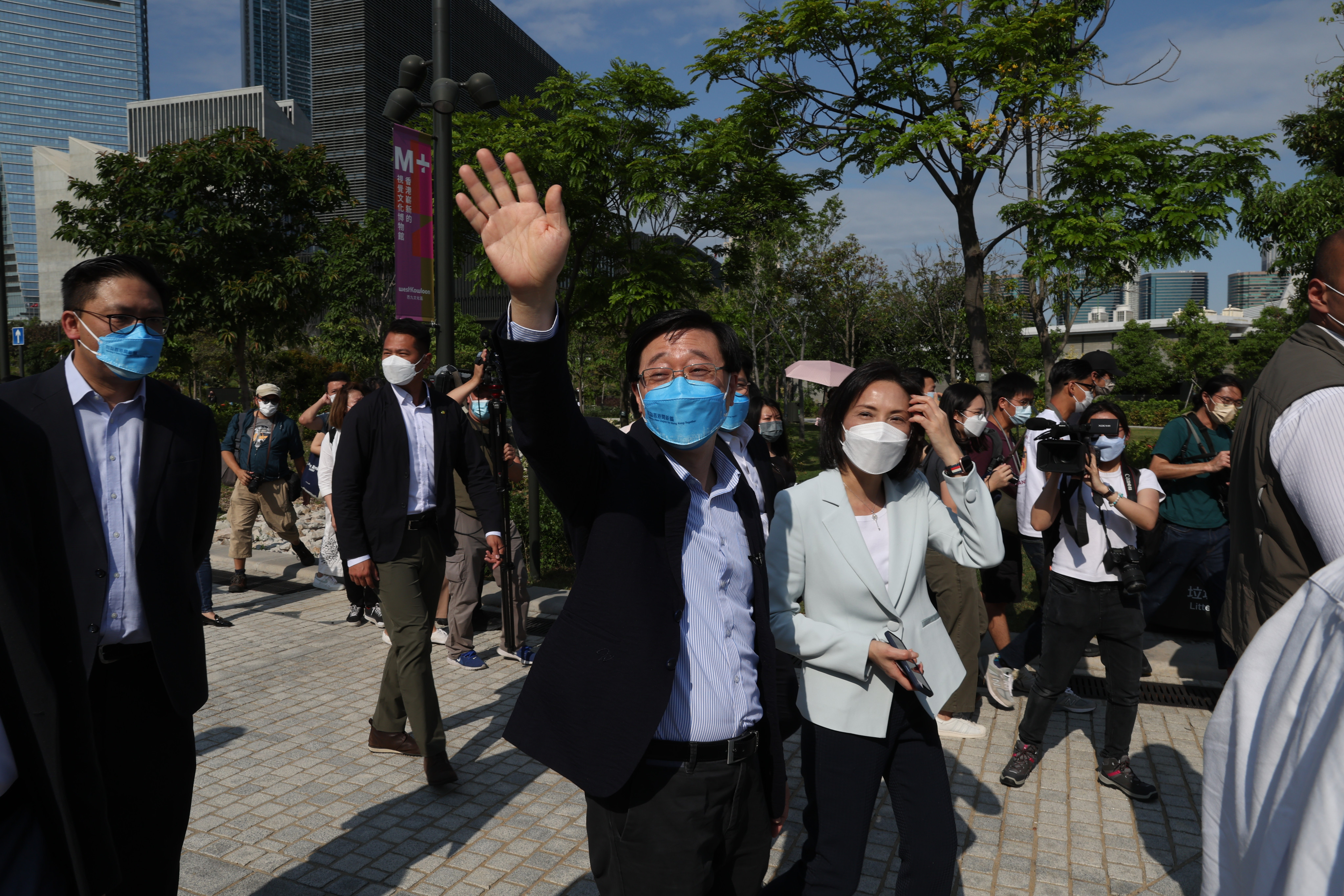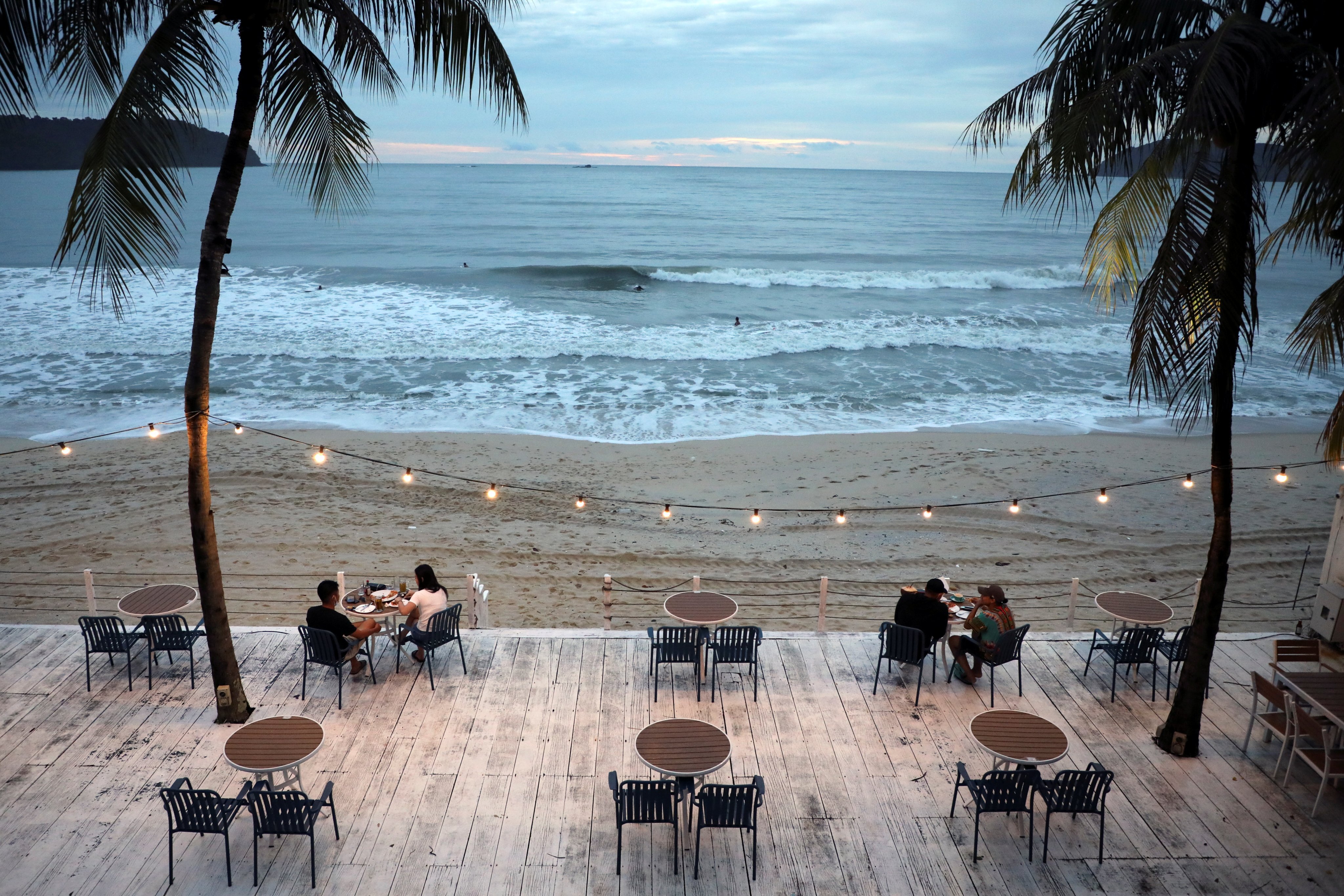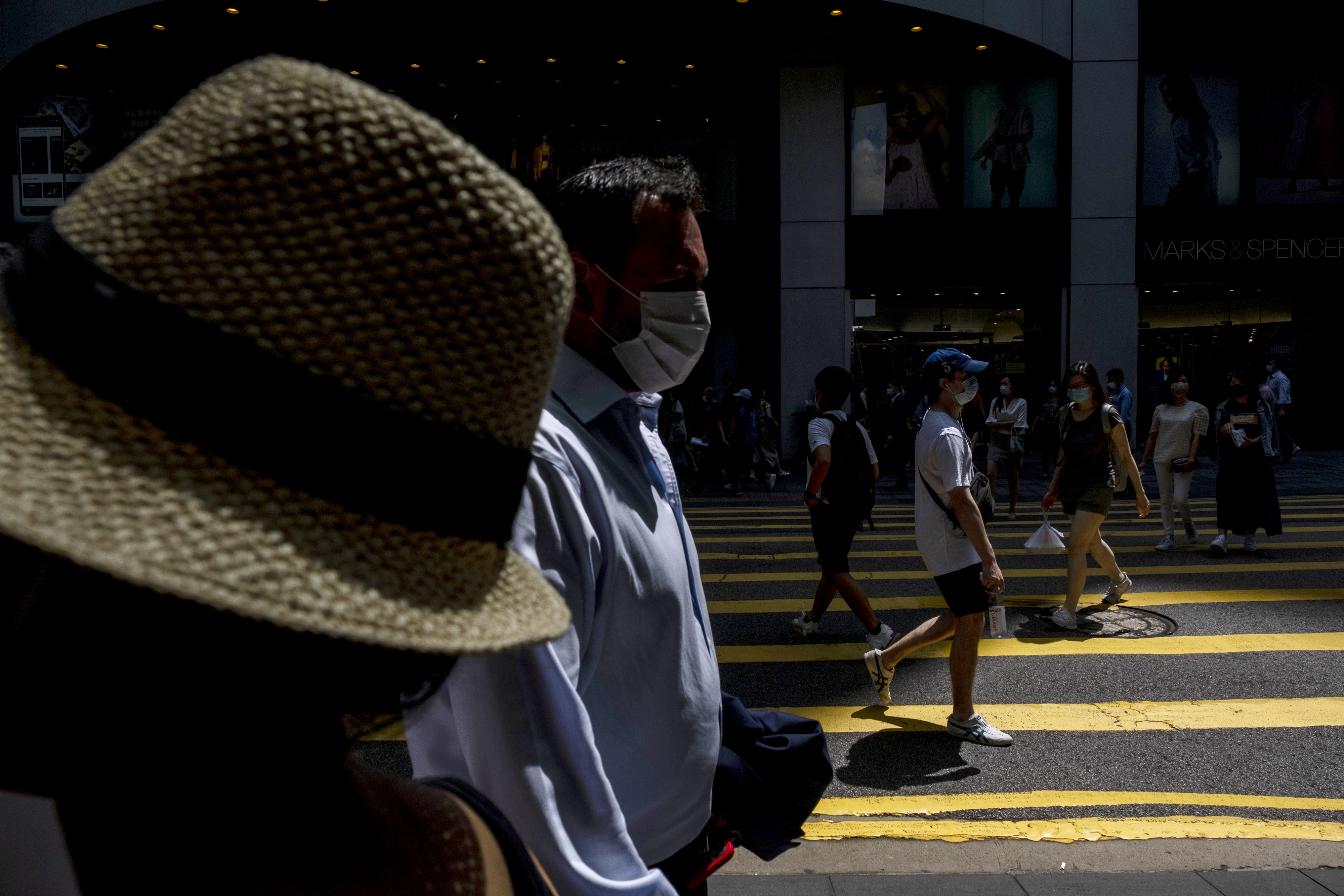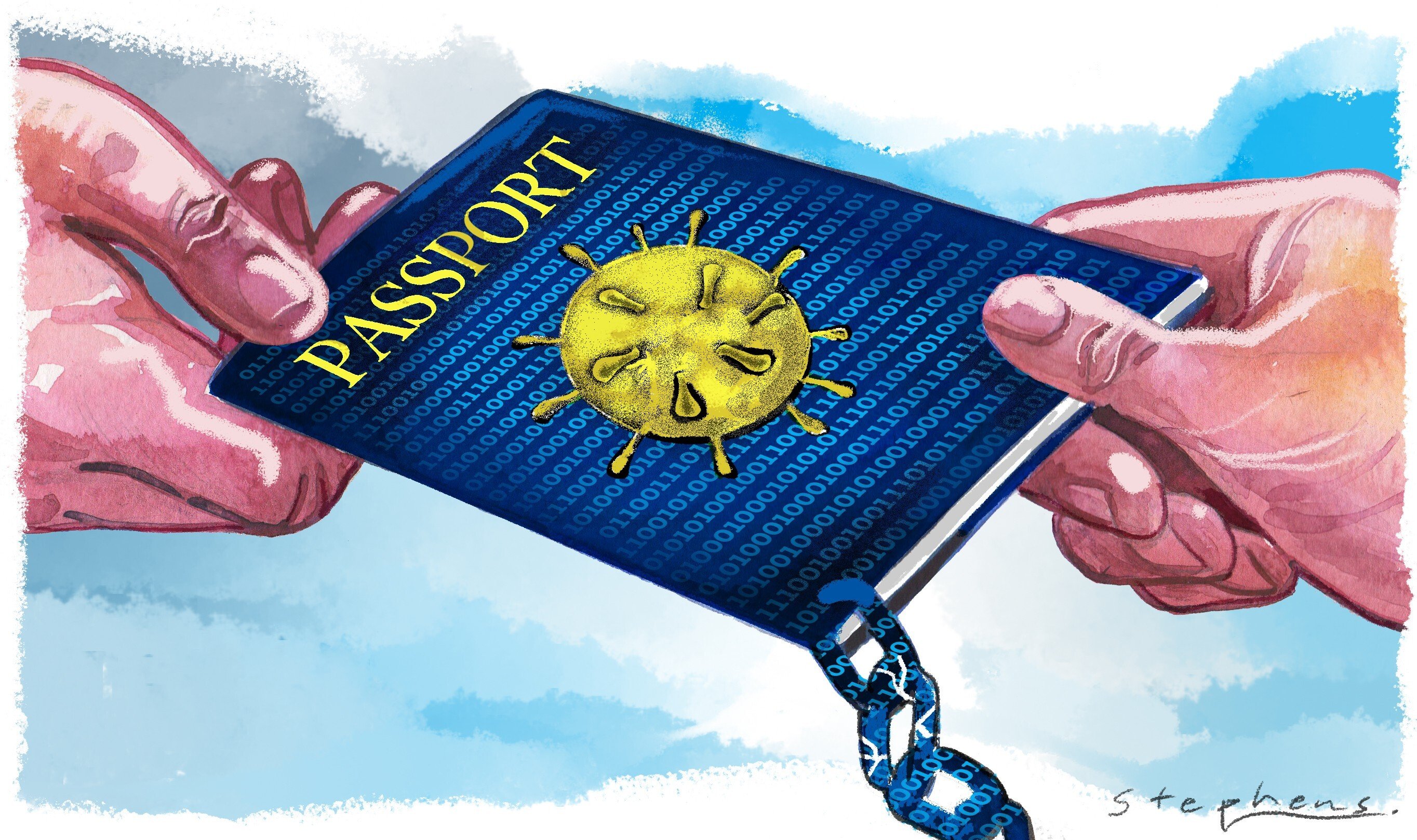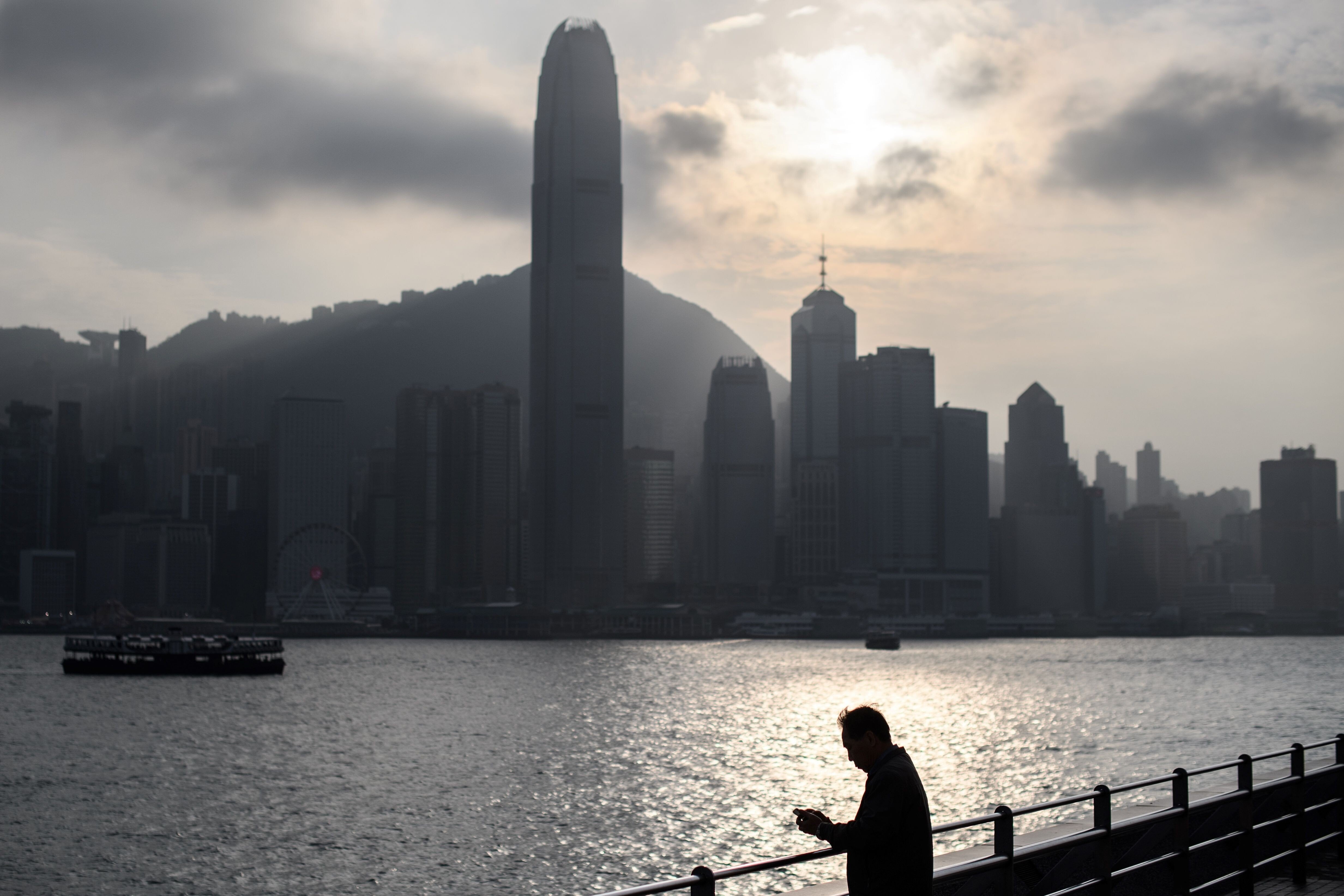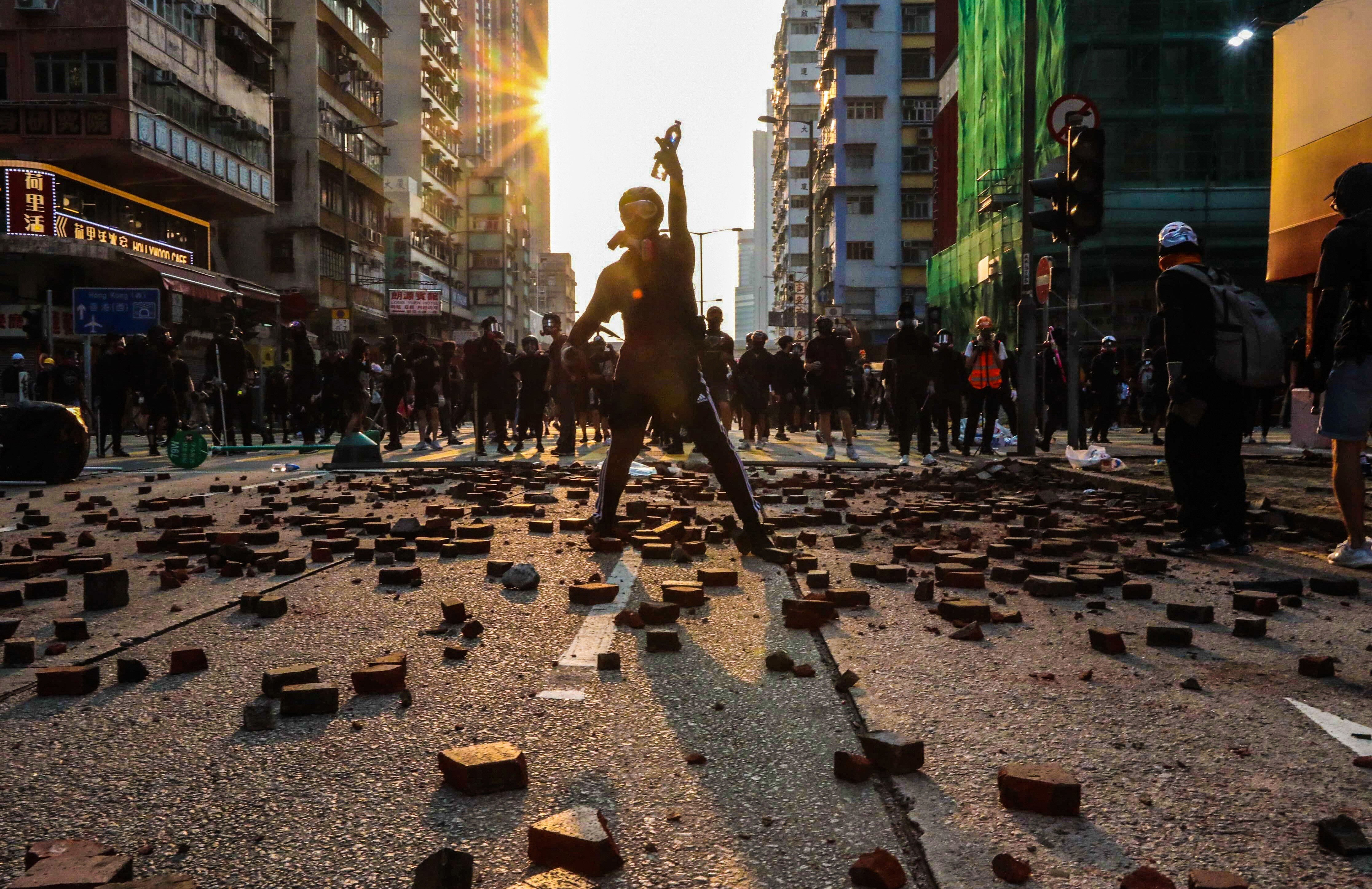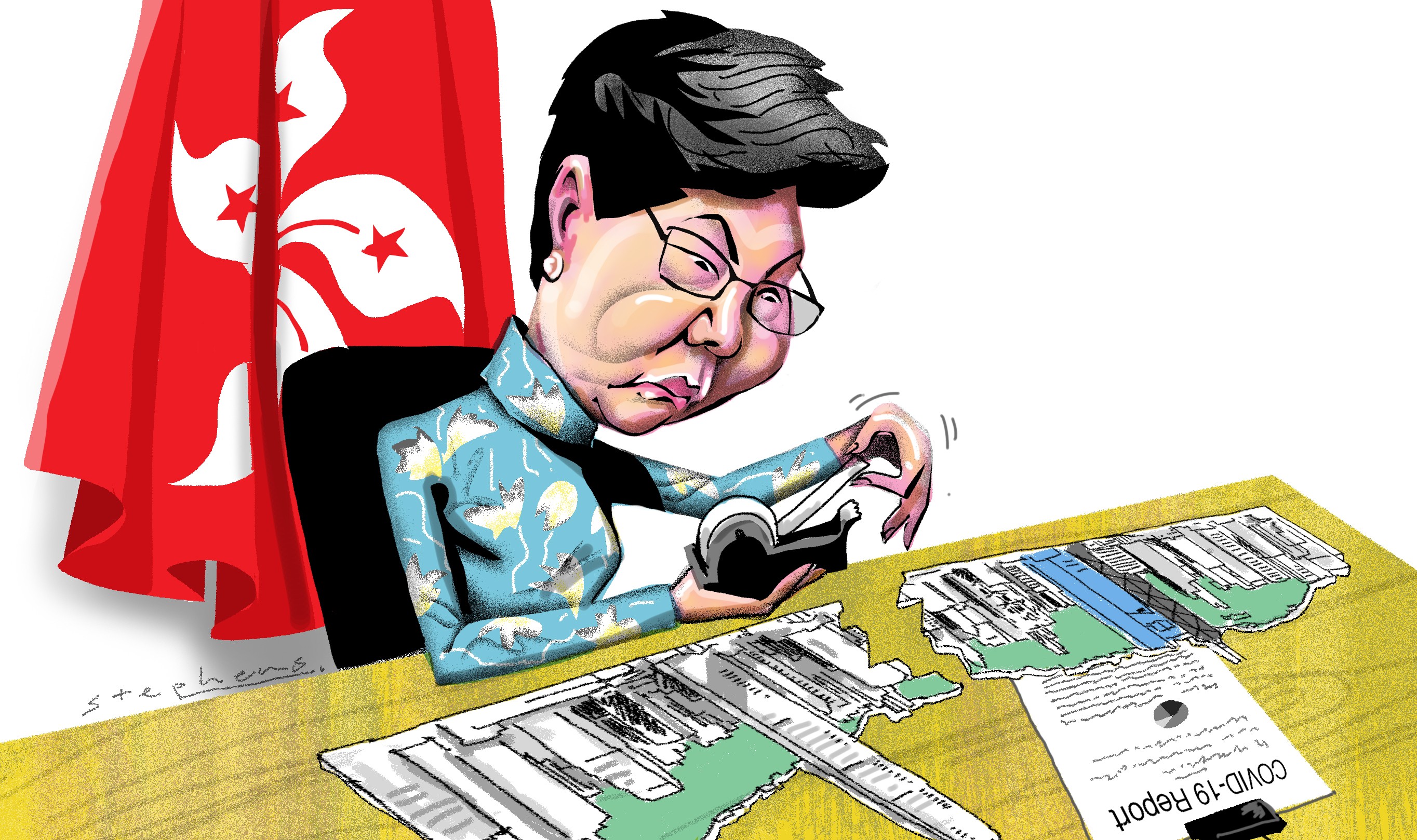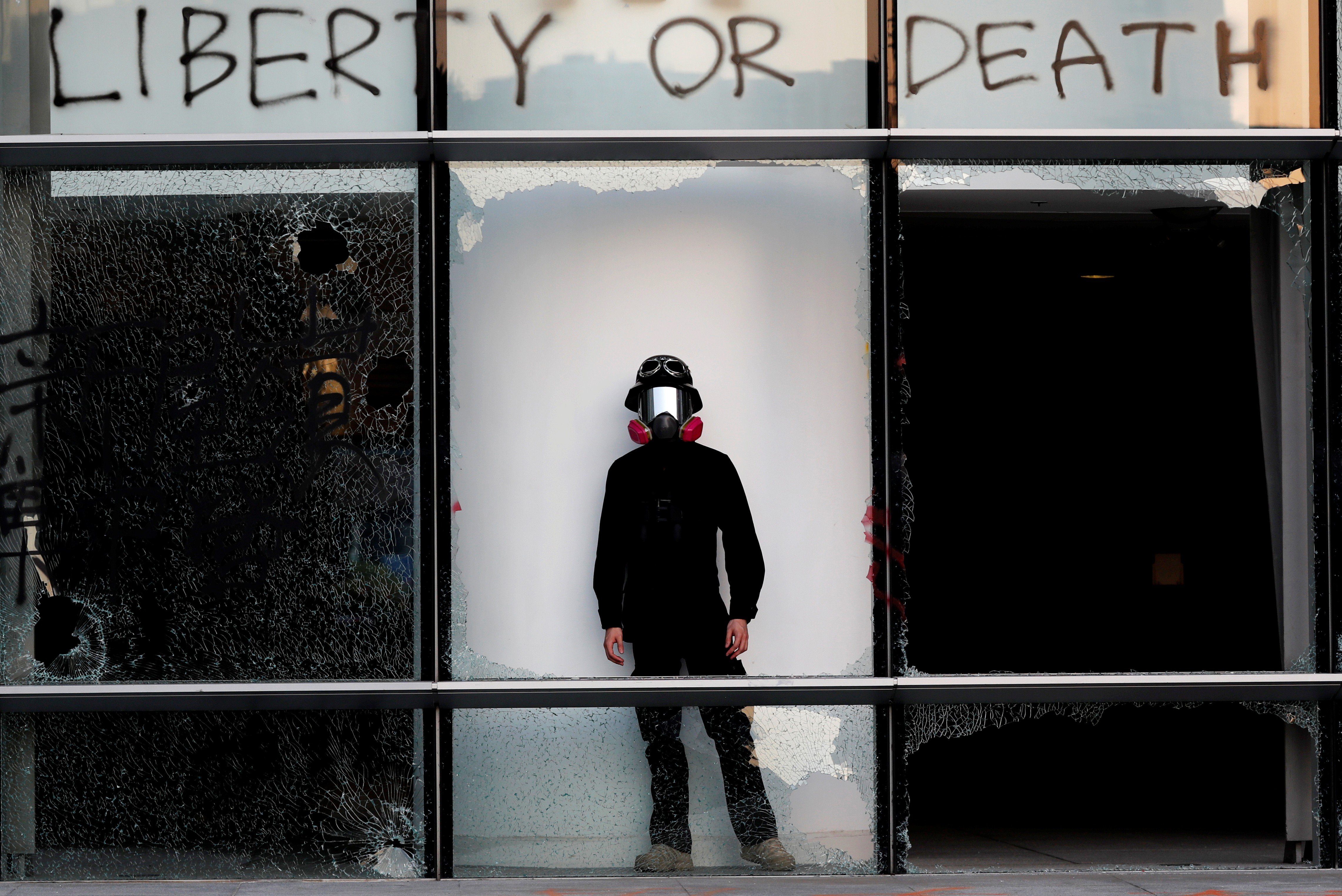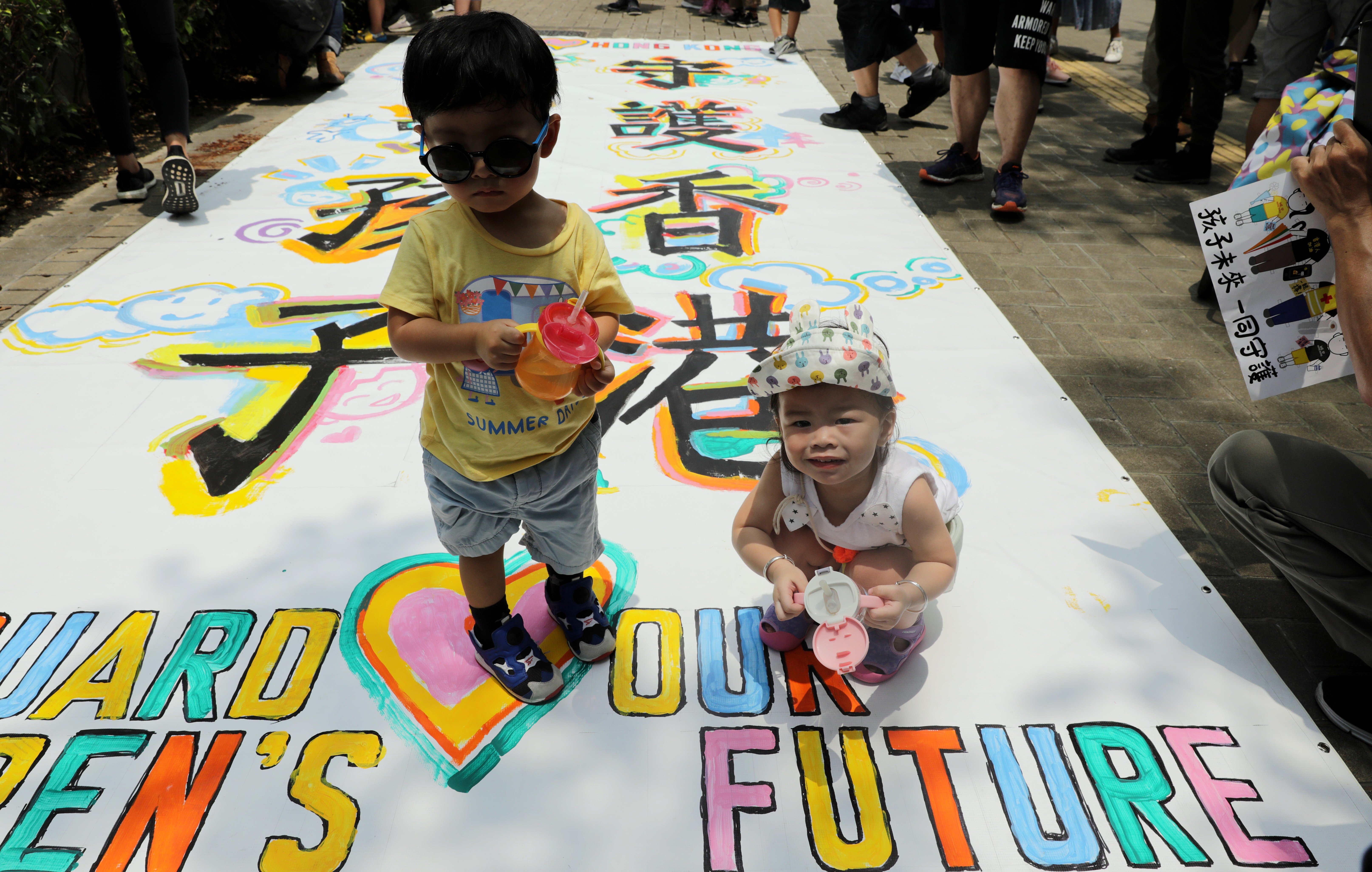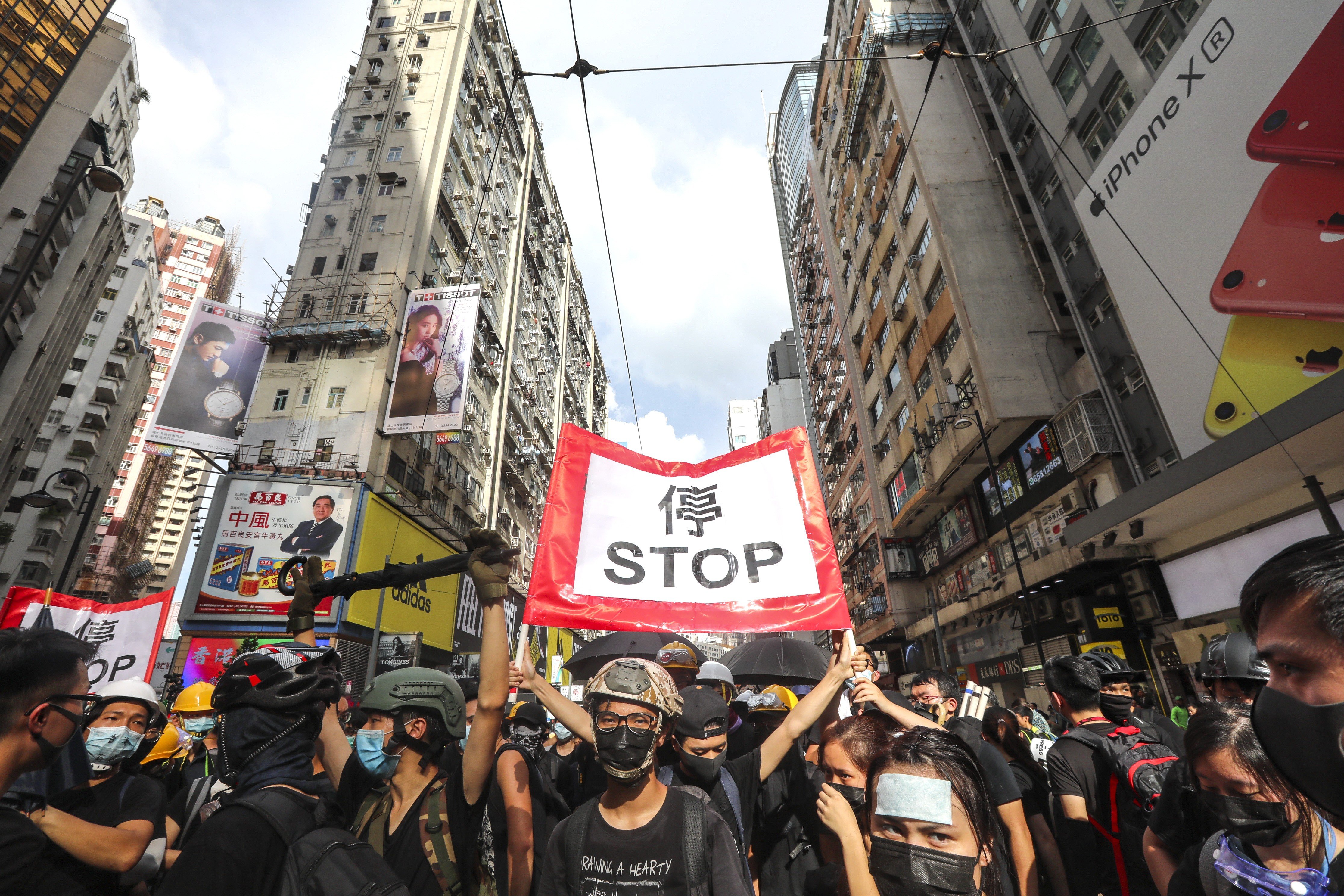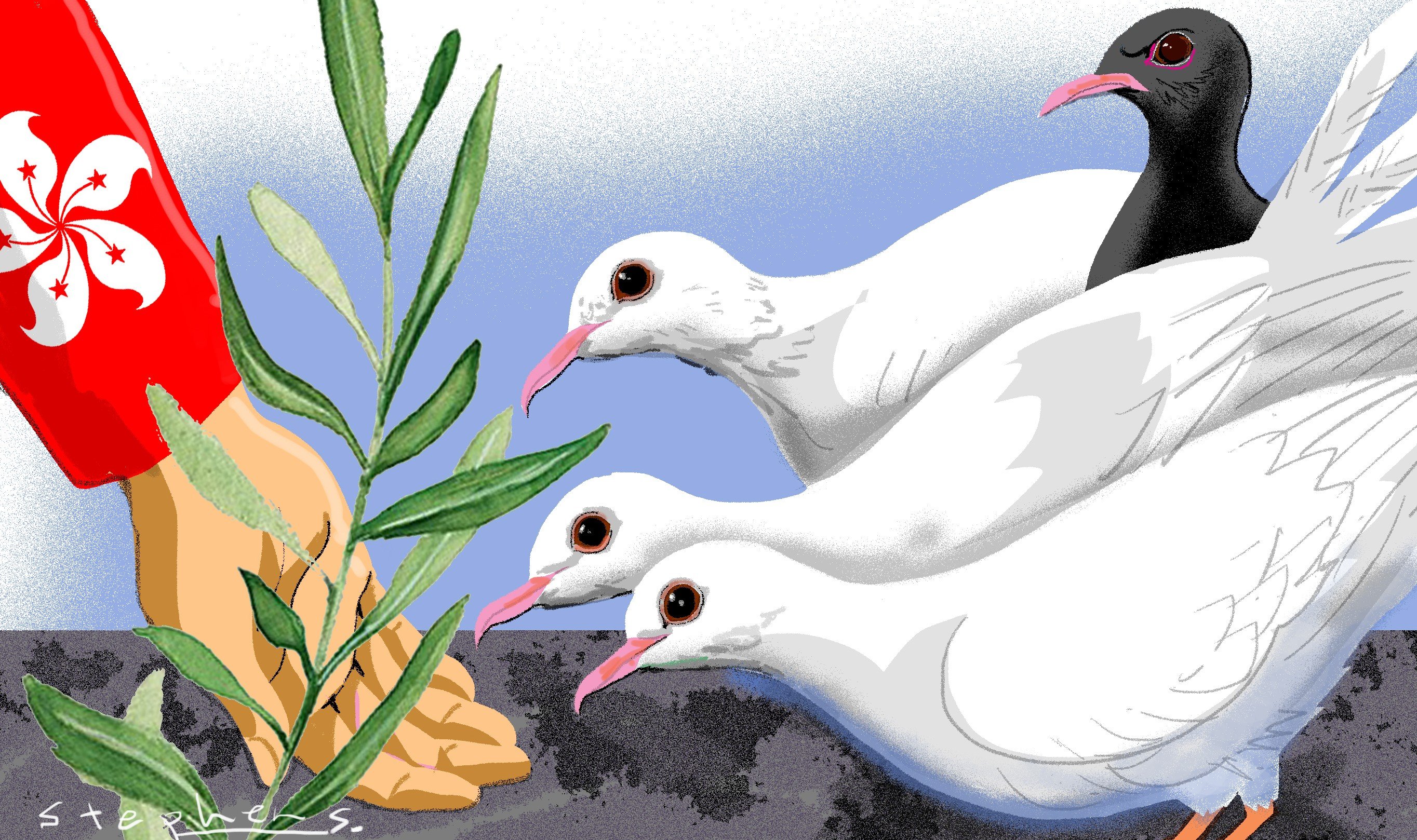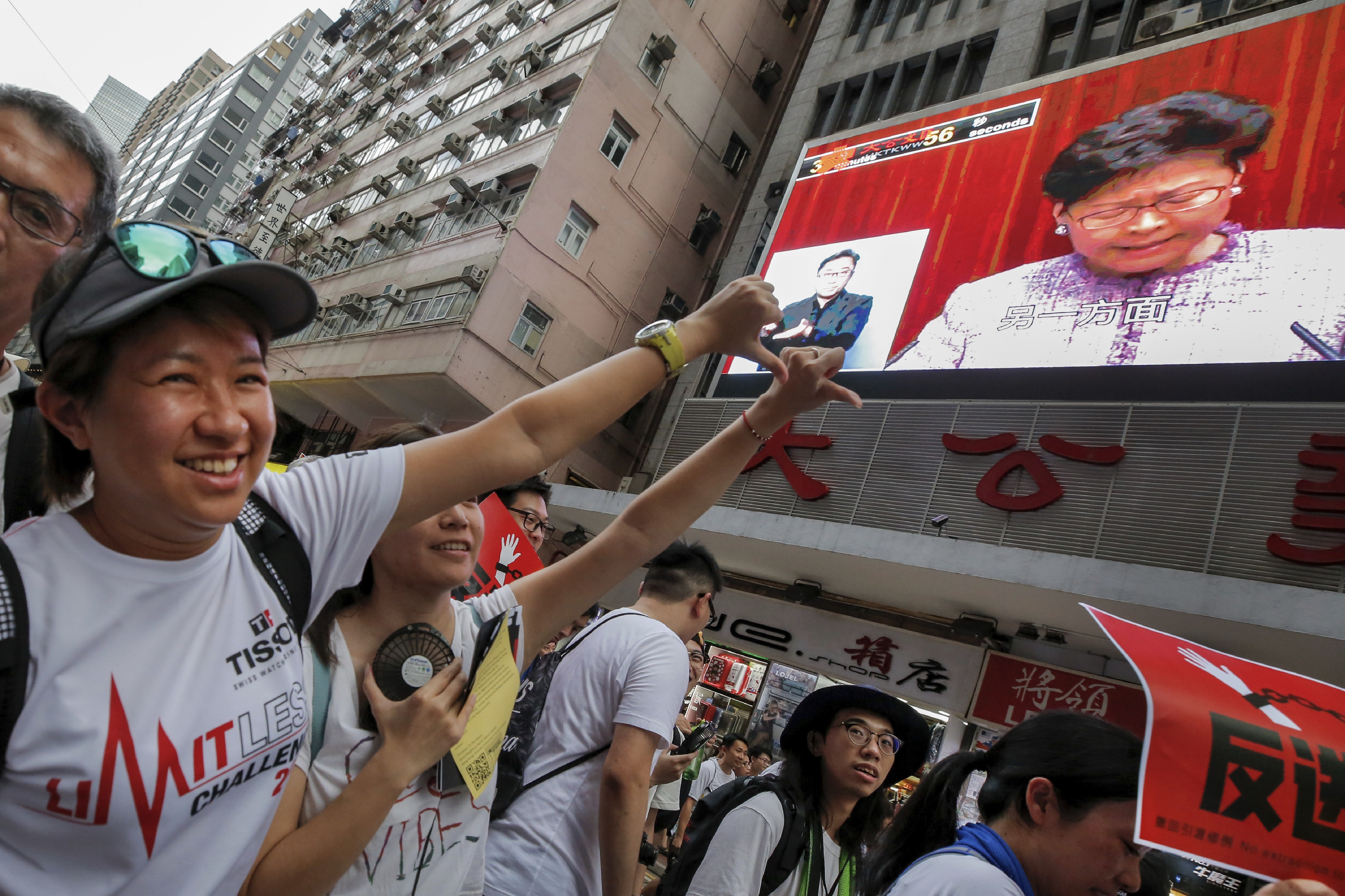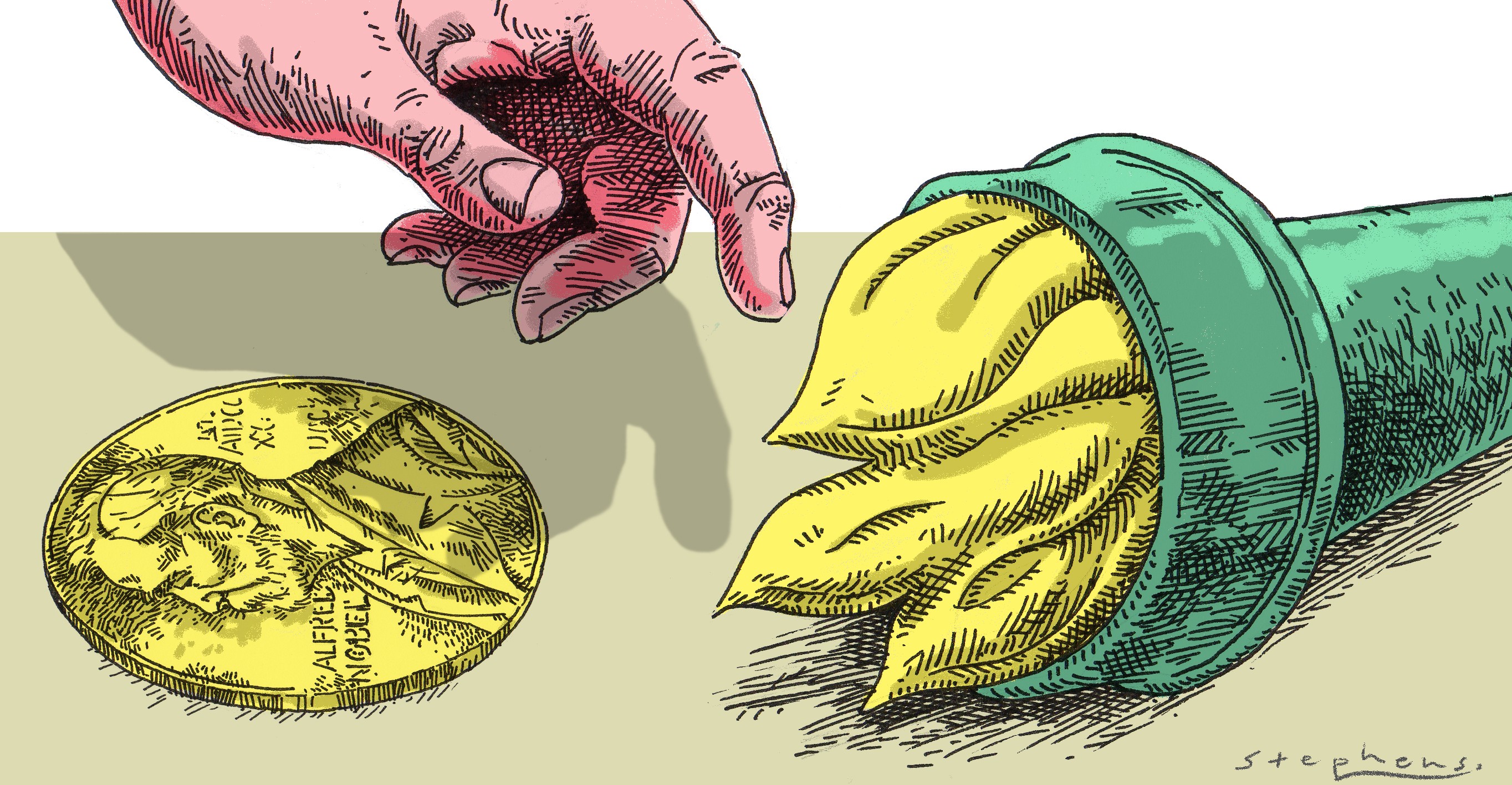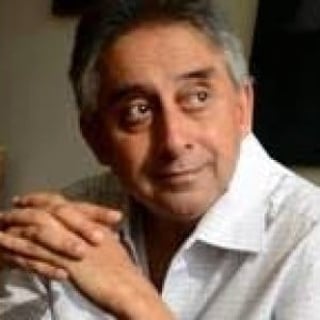
Too much emphasis on ‘one country’ over ‘two systems’ will hobble the dynamism that made Hong Kong such a powerful magnet to talent and capital.
Hong Kong would be best served by using its administrative talent to solve socio-economic challenges, rather than framing discussions only in a security context. The city’s economic progress and wealth generation will help China leverage foreign direct investment and re-establish trust.
As the success of other destinations shows, Hong Kong does not need to reinvent the wheel to attract mainland and foreign visitors. The combined efforts of Cathay Pacific and the MTR Corporation can help promote the city’s unique local character.
This is not about patriotism, re-education or marching in lockstep with the mother country. It is about practicality. If you can see that bright future, you can work for it.
The government’s youth development blueprint is a good start and paints a positive picture, but its implementation must steer clear of top-down dogma. This would be an opportune time to do more to integrate the city’s ethnic minorities into the wider population.
The city’s tourism torch-bearers must stem the mediocrity creep, reach out to a global audience and work with Cathay Pacific Airways to recreate the magic.
With the right messaging, the government can encourage better English with a sense of inclusivity and integration – without neglecting Mandarin or Cantonese culture. Hong Kong must embrace English if it wants to be China’s most potent ambassador.
Beijing can afford to ratchet down the threat level with John Lee at the helm. It’s time to expand the discourse from patriotism, bring in the disenfranchised and flesh out policies with a game plan to secure Hong Kong’s future.
Having the chief executive as the leading voice on pandemic control has risked needlessly politicising a community health issue. The city needs a respected, apolitical voice who can deliver the facts without having science rubbished by sceptics.
We are being slowly shoehorned into a highly restrictive travel regime that will become institutionalised. The rediscovery of home has its own rewards as those who go abroad will face increasingly tedious procedures, higher costs and long quarantines.
Eroding English standards, mistrust of the government and echo chamber chat forums have all contributed to the refusal to get vaccinated. Education and honest information that transcends borders are needed to bring Hong Kong into the light.
The postponement of the Hong Kong-Singapore travel bubble showed why such deals are risky and prone to failure. Standardised testing metrics and QR codes are a more stable option, but ensuring data privacy and the reliability of testing remains challenging.
Many long-time residents will say the city has lost much of its can-do hunger and ingenuity, where anything was possible at the right price. Hong Kong’s leaders must earn the people’s trust again as it is the one commodity that cannot be willed into being by decree.
Hongkongers acted as one to contain the spread of Covid-19. This pro-Hong Kong spirit is called for to ensure safeguards are built into the national security law to reassure the international community.
Lam can form a bipartisan task force to tackle Covid-19 issues, start cross-aisle initiatives for, say, medical supplies, and plan long-term investment in education and pensions. To avert fresh upset, she should emphasis her government’s transitional nature.
Pan-democrats could persuade protesters to claim the US-sponsored act as a moral victory, vent their steam through the district council elections and win bigger support to revisit universal suffrage in the Legislative Council.
In the city’s darkest hour, its elders to exert their moral authority. Parents must rein in their children, educators must teach that violence is wrong and politicians must step up and shape Hong Kong’s future.
Protesters should think long and hard about how their commitment to ‘free Hong Kong’ has actually curtailed citizens’ liberties and freedoms. It’s time to focus energy on wide-ranging dialogue, including on badly needed electoral reform.
Millions of Hongkongers have protested peacefully, but the small violent minority gets most of the attention. If the chief executive is willing to look past them and engage the silent majority, this story can still end happily.
The unprecedented protests have focused an avowedly apolitical and disparate city like never before. Hong Kong’s challenges run deep and can’t be addressed under the current system. Only a change that brings in critical voices can break the impasse.
The nomination of three student leaders of the Occupy protests for the Nobel Peace Prize has caused a stir, and shines a light on the aims and methods of the city’s young activists.
